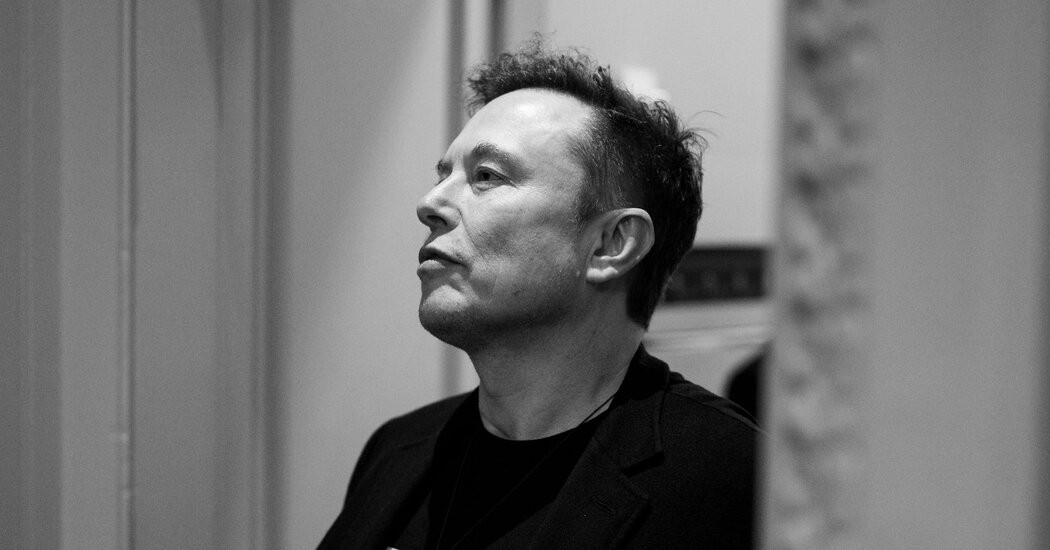

There is an Elon Musk post on X, his social media platform, that should define his legacy. “We spent the weekend feeding USAID into the wood chipper,” he wrote on Feb. 3. He could have “gone to some great parties. Did that instead.”
Musk’s absurd scheme to save the government a trillion dollars by slashing “waste, fraud and abuse” has been a failure. DOGE claims it’s saved $175 billion, but experts believe the real number is significantly lower. Meanwhile, according to the Partnership for Public Service, which studies the federal work force, DOGE’s attacks on government personnel — its firings, re-hirings, use of paid administrative leave and all the associated lack of productivity — could cost the government upward of $135 billion this fiscal year, even before the price of defending DOGE’s actions in court. Musk’s rampage through the bureaucracy may not have created any savings at all, and if it did, they were negligible.
Now, Musk’s Washington adventure is coming to an end, with the disillusioned billionaire announcing that he’s leaving government behind. “It sure is an uphill battle trying to improve things in D.C., to say the least,” he told The Washington Post.
There is one place, however, where Musk, with the help of his minions, achieved his goals. He did indeed shred U.S.A.I.D. Though a rump operation is now operating inside the State Department, the administration says that it has terminated more than 80 percent of U.S.A.I.D. grants. Brooke Nichols, an associate professor of global health at Boston University, has estimated that these cuts have already resulted in about 300,000 deaths, most of them of children, and will most likely lead to significantly more by the end of the year. That is what Musk’s foray into politics accomplished.
White House officials deny that their decimation of U.S.A.I.D. has had fatal consequences. At a hearing in the House last week, Democrats confronted Secretary of State Marco Rubio with my colleague Nick Kristof’s reporting from East Africa, documenting suffering and death caused by the withdrawal of aid. Rubio insisted no such deaths have happened, but people who’ve been in the field say he’s either lying or misinformed.
Atul Gawande, an assistant administrator for global health at U.S.A.I.D. in Joe Biden’s administration, told me that during a trip to Kenya last week, he visited the national referral hospital. There’s been a major increase in the number of patients with advanced H.I.V. symptoms, a result of losing access to antiretroviral medication. At refugee camps on the border of South Sudan, food aid has been cut so severely that people are getting less than 30 percent of the calories they need. “It is not enough to survive on, and that has caused skyrocketing levels of severe malnutrition and deaths associated with it,” said Gawande.